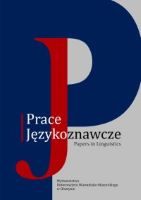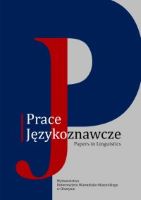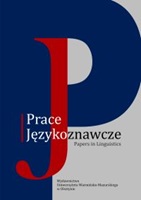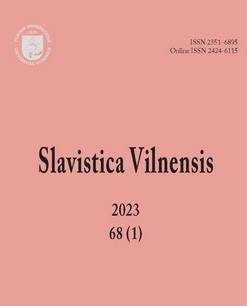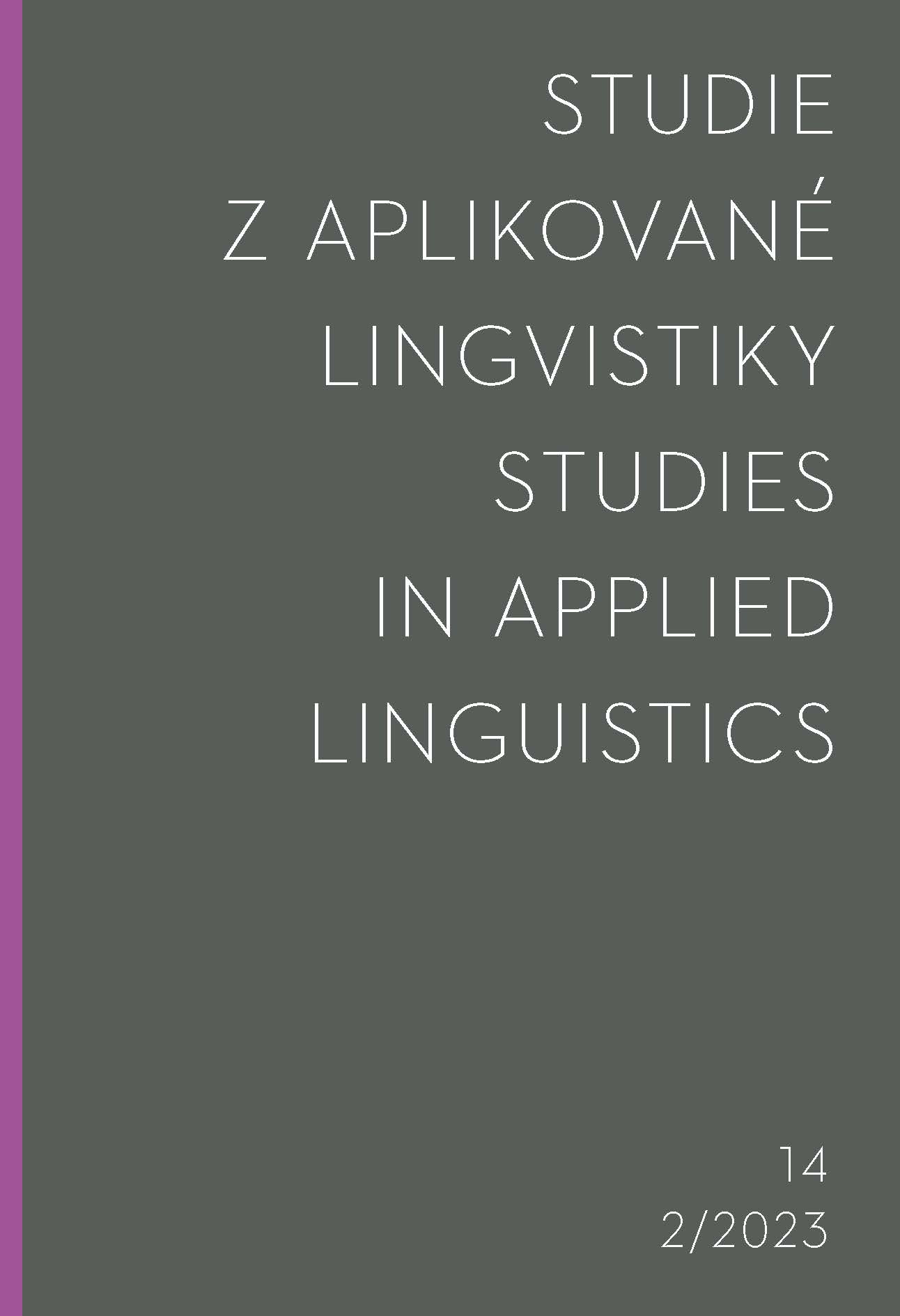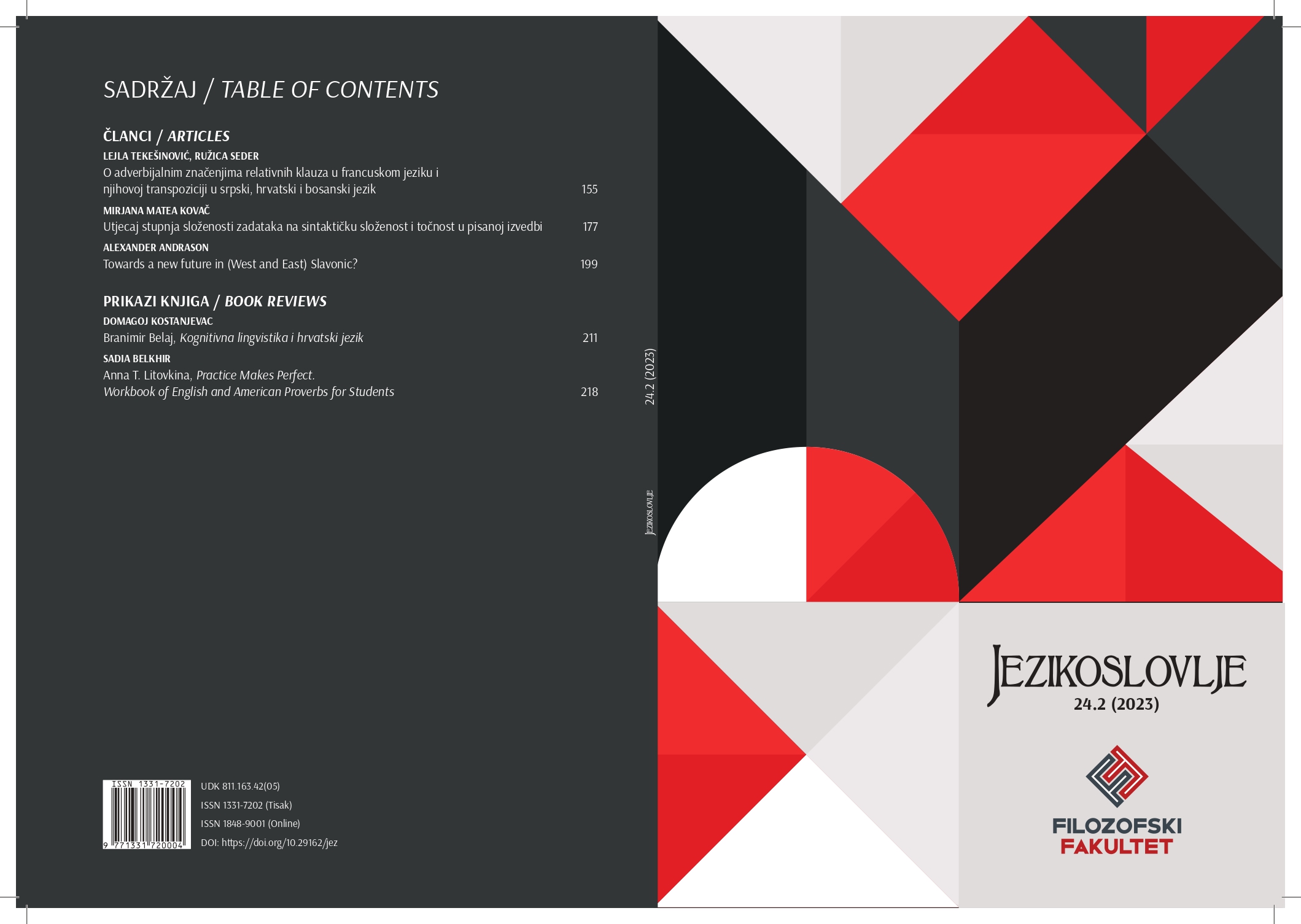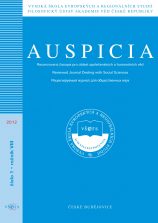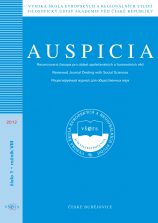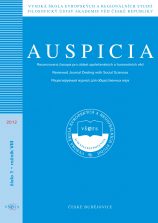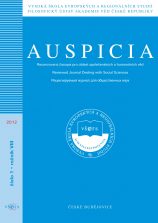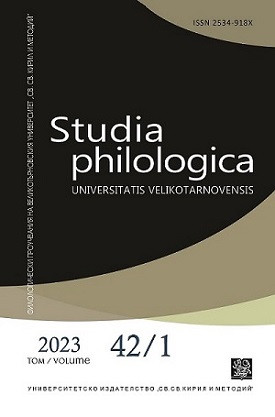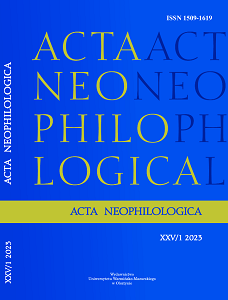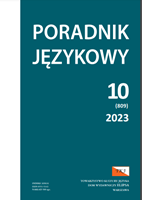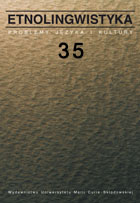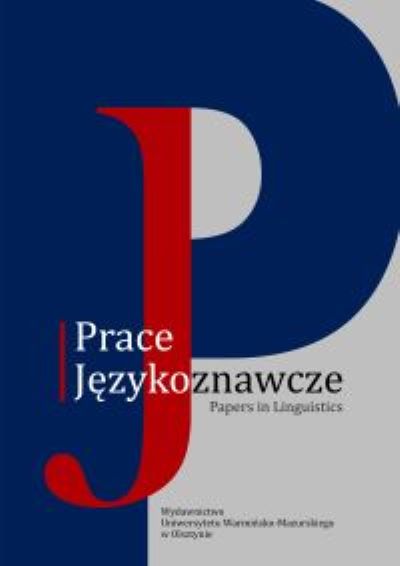
Nazwy nowych inwestycji mieszkaniowych w Poznaniu i na przedmieściach Poznania
The article presents names of residential investments located in the capital of Wielkopolska and in its suburbs. The onomastic material was excerpted from the web sites: https:// rynekpierwotny.pl/ and https://bliskopoznania.pl/. The author of the article made an attempt to classify and analyze names of 240 residential investments. The analysis shows that Polish (native), foreign and mixed names can be distinguished in terms of structure. Also, the presented names can be divided into semantic groups. The excerpted material is dominated by names based on existing street names and names of villages and towns. An important group comprises characterizing names, especially referring to nature and based on metaphors. Moreover, noteworthy are ambiguous and intertextual names as well as names whose role is related to expressions encouraging people to buy a flat in a chosen investment.
More...
